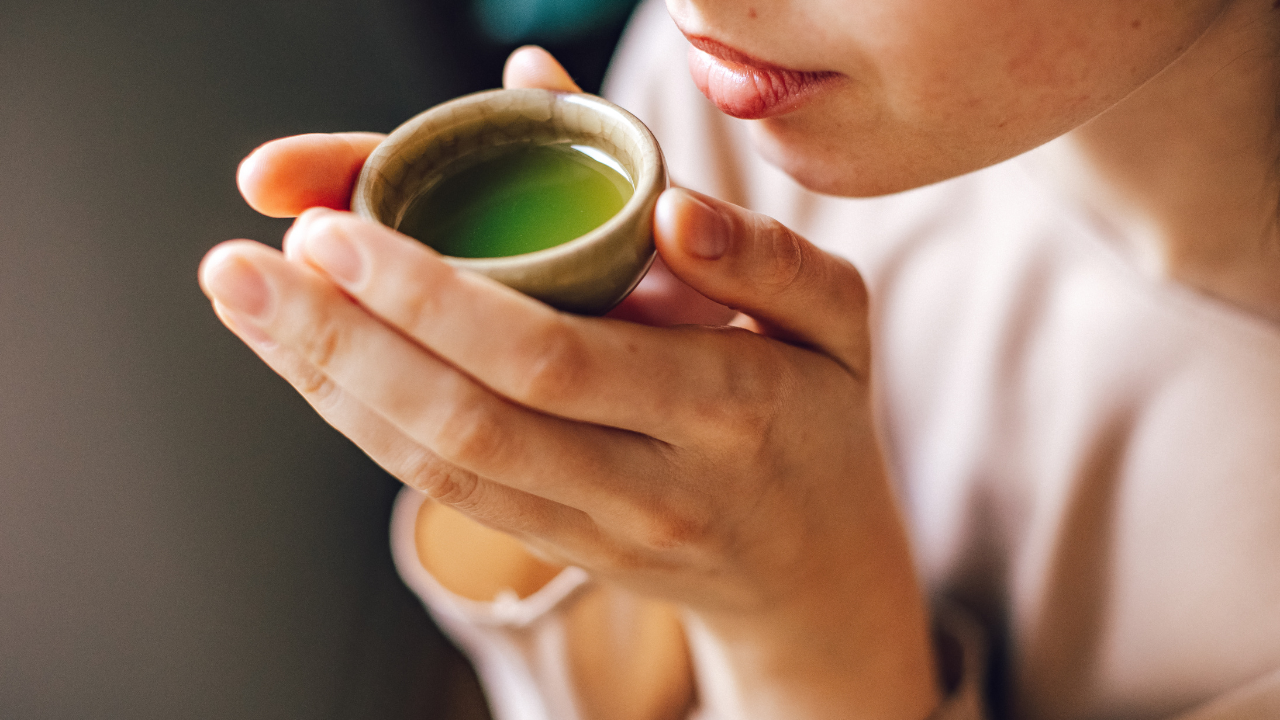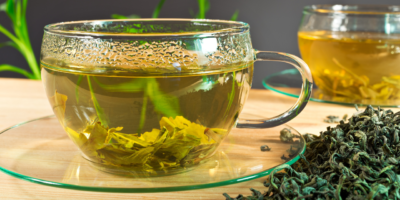Green Tea Benefits for Skin (And How I Finally Stopped Wasting It)
I used to think green tea was just something you sipped when you wanted to feel fancy or needed a caffeine boost that didn’t leave you jittery. Then, one day, after accidentally leaving a brewed cup on my desk for two days (gross, I know), I dabbed some on a random red spot on my face—partly out of laziness, partly out of curiosity. To my shock, the irritation calmed down way faster than usual. That’s when I realized: I’d been drinking this skin-saving powerhouse for years and completely ignoring its topical benefits.
Why Green Tea is a Skin Superhero
Green tea is packed with catechins (especially EGCG), which are basically antioxidants on steroids. They fight free radicals—those sneaky little molecules that speed up aging—and help reduce inflammation. I noticed this firsthand when I started using chilled green tea as a toner. My stubborn post-breakout redness faded faster, and my skin just looked… calmer.
But the benefits don’t stop there:
- Reduces puffiness: I’m not a morning person, and my under-eye bags used to look like I’d slept in a suitcase. Now, I keep green tea bags in the fridge and press them on my eyes for 5 minutes. The caffeine tightens things up, and the antioxidants help with dark circles.
- Fights acne: Thanks to its antibacterial properties, green tea can help keep breakouts in check. I mix brewed (and cooled!) green tea with a bit of aloe vera gel as a spot treatment. It’s gentler than harsh acne products, which is great because my skin tends to freak out if I look at it wrong.
- Hydrates and protects: Unlike some astringent toners that leave my skin screaming for moisturizer, green tea balances without stripping. I’ve even started adding a few drops to my face mist bottle for midday refreshment.

Green Tea Benefits for Skin
The Mistake I Made (So You Don’t Have To)
Here’s where I messed up: I assumed any green tea would work. Nope. The cheap, dusty tea bags from my pantry? Not ideal. For skin, loose-leaf, high-quality green tea (like matcha or sencha) makes a difference because it’s more concentrated. Also, always let it cool completely—applying hot tea to your face is a one-way ticket to irritation. (Yes, I learned that the hard way.)
Watch: why you should Eat Ginger every day !!
3 Easy Ways to Use Green Tea for Skin
- DIY Toner: Brew a cup, let it cool, and transfer to a spray bottle. Spritz after cleansing or throughout the day. Bonus: Add a teaspoon of witch hazel for extra oil control.
- Soothing Face Mask: Mix 1 tbsp matcha powder with 1 tbsp honey and a splash of water. Leave on for 10 minutes. My skin looks brighter every time—no filter needed.
- De-Puffing Eye Treatment: Steep two bags, chill them in the fridge, and place over your eyes while binge-watching Netflix. Pro tip: Do this before applying makeup to avoid creasing.
One Thing to Watch Out For
Green tea can be drying if you overdo it. My combination skin loves it, but if you’re already dry or sensitive, dilute it with water or aloe vera. And patch test first—because nothing ruins a skincare experiment faster than an unexpected reaction.
Final Thoughts
I’m not saying green tea will magically erase wrinkles or turn you into a dewy-skinned goddess overnight (despite what some Pinterest posts claim). But it’s a simple, cheap addition to your routine that actually works. These days, I drink a cup in the morning and repurpose the leaves for my skin at night. Waste not, right?
P.S. If you’re into natural health boosts, check out these related reads:
- Healthiest foods with no carbs and no sugar
- How to prevent Heart Attack & Stroke
- How to Sleep deeply & burn belly fat
- How to get a flat stomach in a week
- How to Clear Mucus & Phlegm
- What Happens to your Body When You Eat Blueberry Daily
Have you tried green tea in your skincare? Let me know in the comments—or if you’ve got a hack I haven’t tried yet!
Disclaimer: I’m not a dermatologist—just a skincare enthusiast sharing what’s worked for me. Always patch-test new ingredients and consult a professional if you have sensitive skin or conditions like eczema. Results vary, and what works for me might not work for everyone!



Leave a Reply